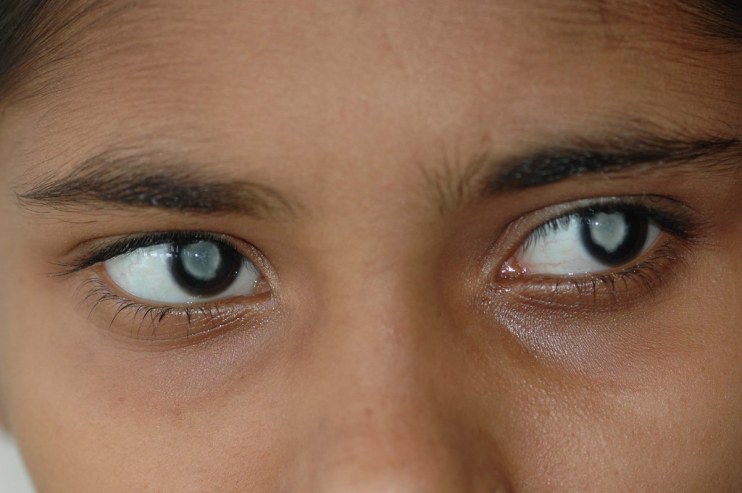
Diabetes and sight loss in Nepal

Professor Shahina Pardhan, Director of the Vision and Eye Research Institute at the Anglia Ruskin University writes about diabetes and sight loss in Nepal.
Diabetic-related blindness is one of the leading causes of vision loss worldwide. It is largely
preventable with good diabetes control and regular retinal screening. People from Asian backgrounds including Nepali people have a significantly higher risk of diabetes compared to Caucasians. Anglia Ruskin University’s Vision and Eye Research Institute (VERI) has shown that the risk of diabetic-related blindness is also high in these patients.
Researchers developed a study aimed at identifying the barriers to good diabetes control in a local
population in Nepal, providing education and empowering people to improve their health outcomes.
Our study, using a questionnaire to gather data on awareness about diabetes control, self-help and
lifestyle in 200 patients, showed that patients who were at a higher risk of uncontrolled diabetes and therefore increased risk of blindness also showed reduced health literacy and poor treatment compliance.
Although patients self-reported that their diabetes was adequately controlled, and clinical tests showed high blood sugar levels in these patients. Informed of our research findings, a brainstorming meeting with 25 people was held in Pokhara in 2018 to develop a training programme for diabetic patients. Participants included representatives of Diabetes and Endocrinology Association of Nepal (DEAN) and the Nepal Health Research Council, diabetic patients, and healthcare providers including a diabetes doctor, a dietician, an ophthalmologist, a physical activity instructor, and a behaviour change worker.
Diabetes-awareness training, culturally appropriate to the Nepali context, was developed in the local language, to address the barriers identified by the research. The Nepalese Association of Optometrists are keen to roll out the training programme via its outreach activities to remote villages.
Since 2018, the Diabetes, Thyroid and Endocrine Care Centre in Pokhara have used our training
programme to improve awareness for all their diabetic patients attending clinics. The training has already benefited over 40,000 diabetic patients, of whom 89% requested retinal screening compared to 28% prior to the training. A randomised clinical trial has also been set up in collaboration with Pardhan’s team. Preliminary data shows that 98% of patients in the intervention group requested a diabetic
retinal check within three months, compared to 36% in the control group.
Publications
Sapkota RP, Upadhyaya T, Gurung G, et al Need to improve awareness and treatment compliance in high-risk patients for diabetic complications in Nepal BMJ Open Diabetes Research and Care 2018;6:e000525. doi: 10.1136/bmjdrc-2018-000525 https://drc.bmj.com/content/6/1/e000525
Dr Raju Sapkota Interventions to control diabetes and improve attendance for retinopathy screening in Kaski, Tanahun and Syangja districts of Nepal: a randomised controlled trial https://www.isrctn.com/ISRCTN10990062
The Tej Kohli & Ruit Foundation is a restricted fund operating under the auspices of Prism The Gift Fund, registered UK charity number 1099682.